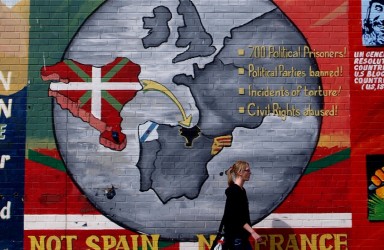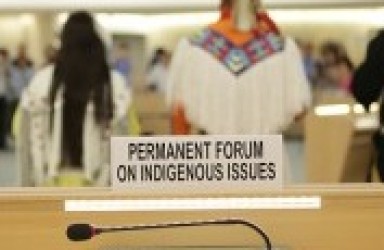Why has a negotiated settlement been possible in Northern Ireland and not the Basque conflict?
A case can be made that a negotiated settlement has been possible in Northern Ireland due to an inclusive political strategy and acceptance of compromise, whereas the Basque situation has not been conductive to a settlement due to the government pursuing an exclusionary position towards ETA and radical nationalist political groups.
Negotiation: The Challenge of Achieving a Long-term Relationship
Tough economic times have presented negotiators globally with new challenges both in business deal-making and conflict resolution. Long-term relationships are becoming cost and time effective as they open the way for future multiple synergies, against short-termed visions or one-sided interests.
The Question of Identity: The EU/Turkey Integration Debate
The eastward expansion of the EU has shown the flexibility of what is European. The future integration of Turkey is the next step towards increasing recognition that the values that unite Europe are indeed universal, and that therefore, European identity cannot be culturally or territorially bounded.
Why has the demobilisation of combatants proved so difficult? The Colombian paramilitary experience
The demobilisation of combatants during or after conflict is a crucial step towards achieving sustainable peace. This essay draws on the case of Colombia to illustrate the difficulties that this task poses.
Dutch Tolerance: Something to Learn from?
In the age of intensified globalization and migration, societies are increasingly confronted with problems of integration and peaceful coexistence of religiously or otherwise ethnically different groups, particularly of groups identifying themselves with Western traditions on the one hand and the world of Islam on the other. Tolerance is an important element to meet these requirements.
The Case for Constructivism In Analysing the India-Pakistan Conflict
On the face of it, South Asia appears to vindicate the Hobbesian image of international relations that is a central component of many rationalist/realist analyses and theories. Yet a closer look reveals that Constructivism offers great value to understanding and analysing India-Pakistan relations.
Religion and Faith-based Organisations in Africa: the forgotten actors
Modernity-inspired international development has often failed when not taking into account local context, culture and belief. Failing to consider religion risks the failure of enduring social change. This seems a more productive and appropriate way of framing societies and people’s lives, rather than suggesting secularity should supersede other forms of faith.
How to Lose a Revolution
Some are calling the coalition intervention that began 19 March 2011, in Libya a success. I call tens of thousands of deaths and injuries a tragedy. When such casualties occur owing to a military intervention never shown to be necessary, the intervention is a failure.
Shared Identity: New Threats for Old Solutions
Indigenous identity is problematic because it is grounded on the politics of difference, especially on the existence of a prior identity. This essay argues that indigenous security implies the identification and security of the vulnerable shared identity from the dominant one, which then results in the creation of indigenous peoples as a threat.
Human Security, Development and Biopolitics
Security studies has seen drastic changes since the end of the Cold War. A heightened focus on the individual has brought about the concept of human security and caused a shift from state-centric to a human-centric approaches.












